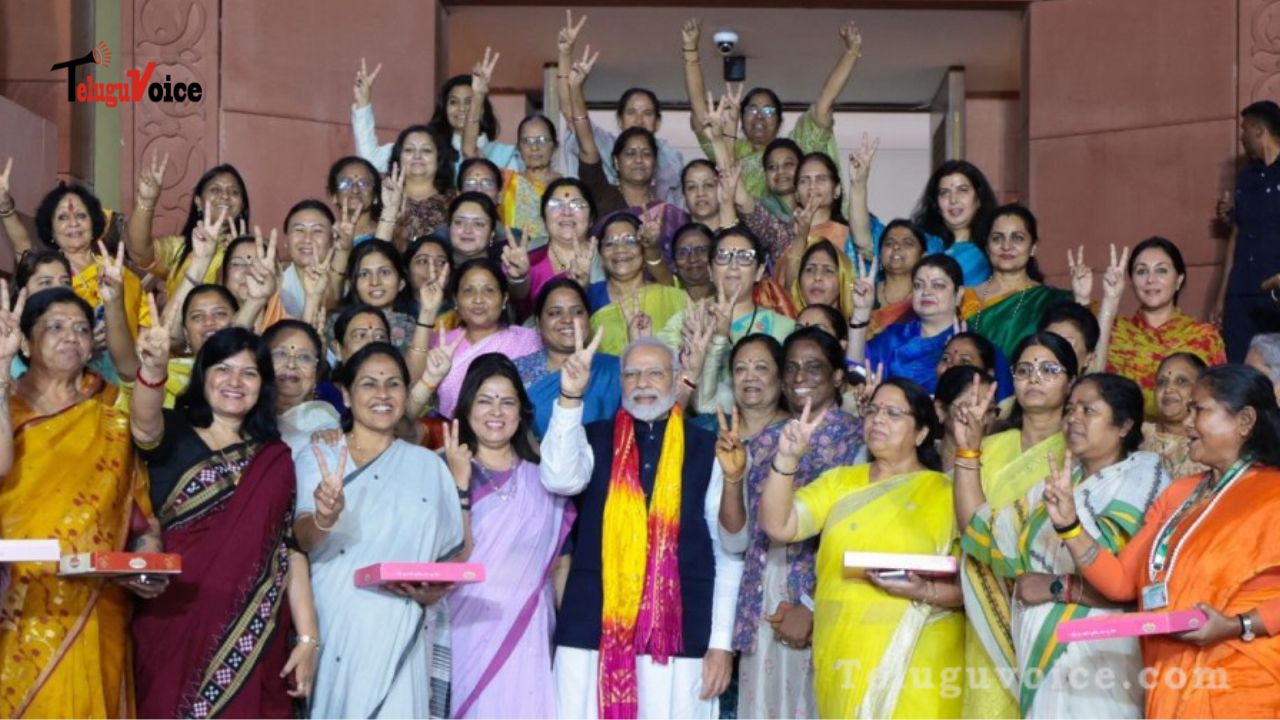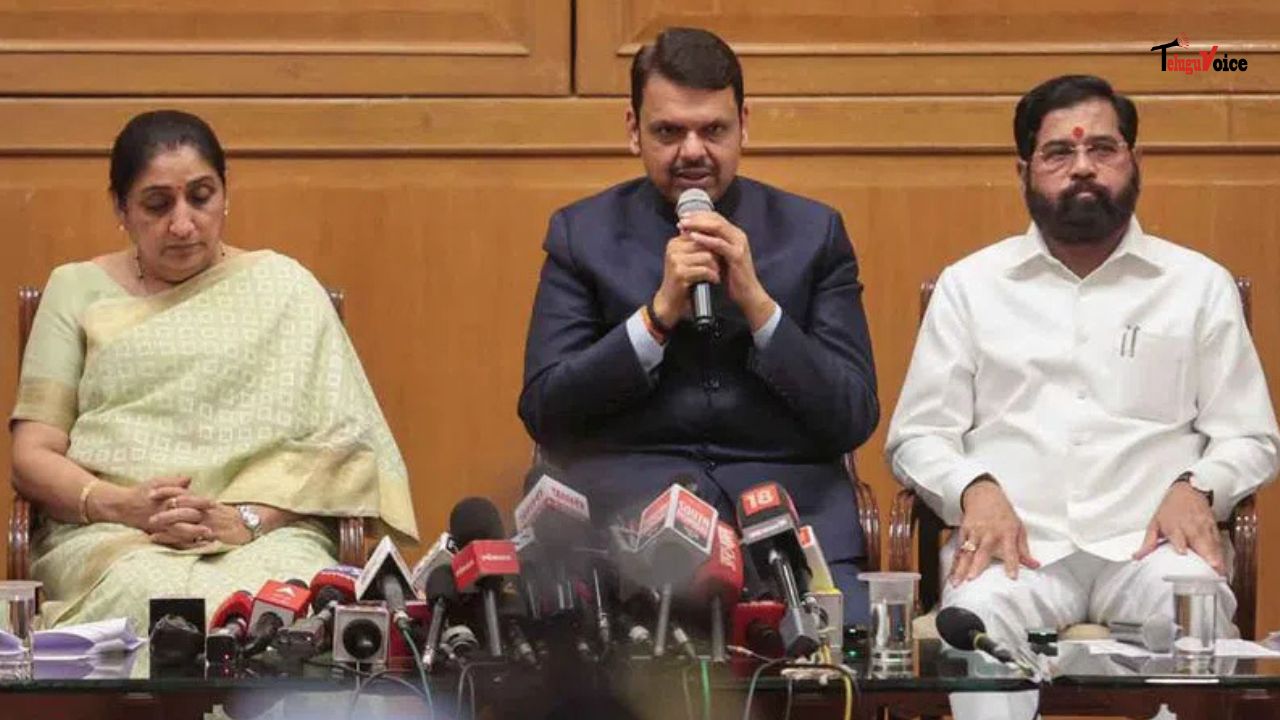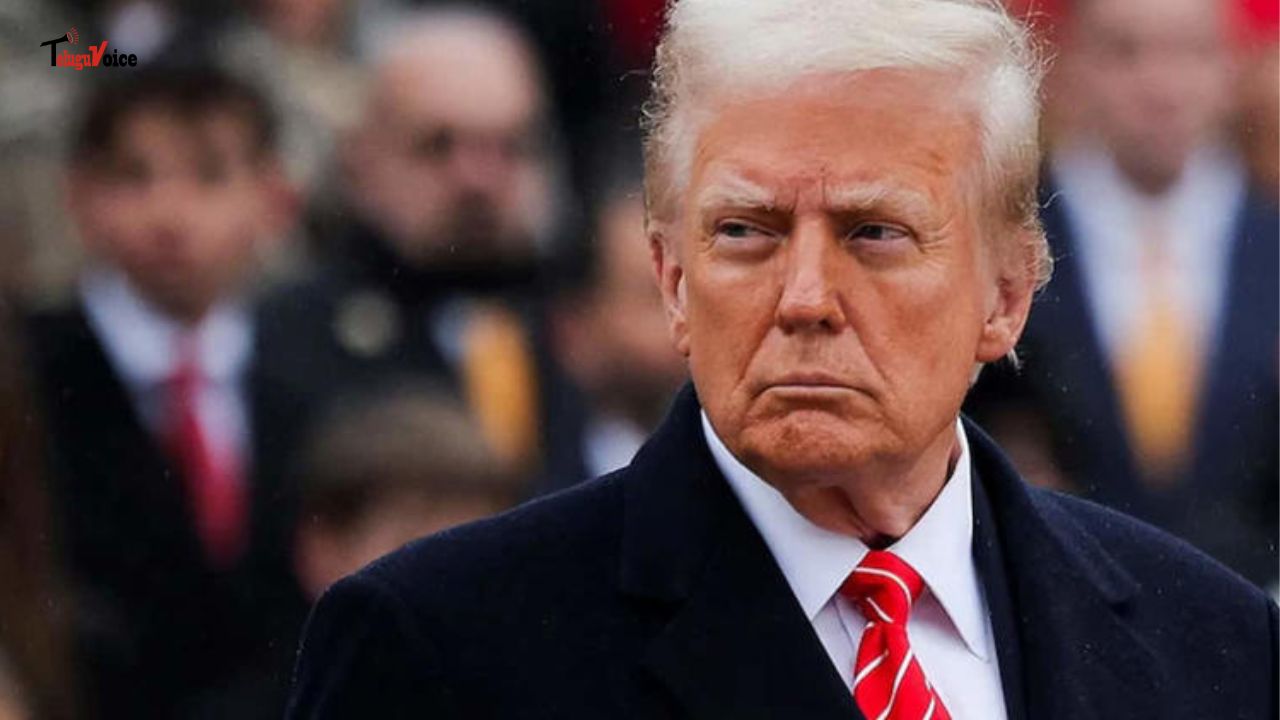Women's Bill will uplift women everywhere.

The Women's Reservation Bill, according to Bharat Rashtra Samithi (BRS) leader Kalvakuntla Kavitha, would encourage many women worldwide to enter public life. She also urged women on all continents to rally behind this issue.
The BRS Member of the Legislative Council (MLC) spoke to a diaspora audience at Central Hall Westminster, close to the Houses of Parliament, on Friday night on "Gender Equality in India's Political Representation" at an event hosted by the think tank Bridge India in London.
As she was almost surrounded by the applauding audiences from around the globe, the daughter of Telangana Chief Minister K Chandrashekar Rao emphasised the advancements achieved in her own state, which is setting the standard for women's participation in politics. "As the most populous nation in the world with roughly 70 crore women, I think the world should know if a very positive change were to happen to our women because that will inspire many, many, many more women to come forward in public life and to become active participants in policy making," Kavitha stated.
On September 21, the Parliament approved the Women's Reservation Bill, which aims to provide women 33% of the seats in the Lok Sabha and state legislatures. On September 28, President Droupadi Murmu signed the measure. The 45-year-old lawmaker said, "I'm very confident that this bill will enable that to happen to the women of our nation, India, and India's progress will see more and more participation of women, that is the hope." She acknowledged that political parties have historically been sluggish to adequately address the issue when asked about increased participation of women in the ranks of the nation's political parties.
Earlier on Friday, Kavitha began her trip of the UK by visiting the Ambedkar Museum in north London. She spoke about how the Indian Constitution's guiding principles have greatly inspired her in her battle for gender equality. During her visit to the UK, MLC Kavitha will interact with organisations within the Indian diaspora, have conversations about joint ventures, and take part in activities aimed at promoting cultural interchange between the two nations.

 South Africa tour of India 2019
South Africa tour of India 2019










Comments